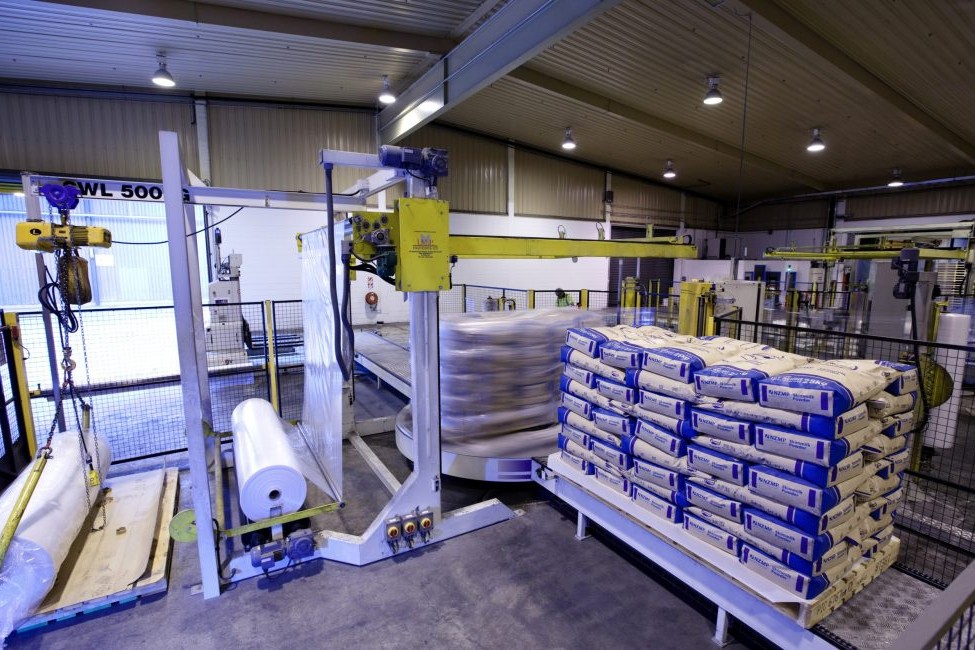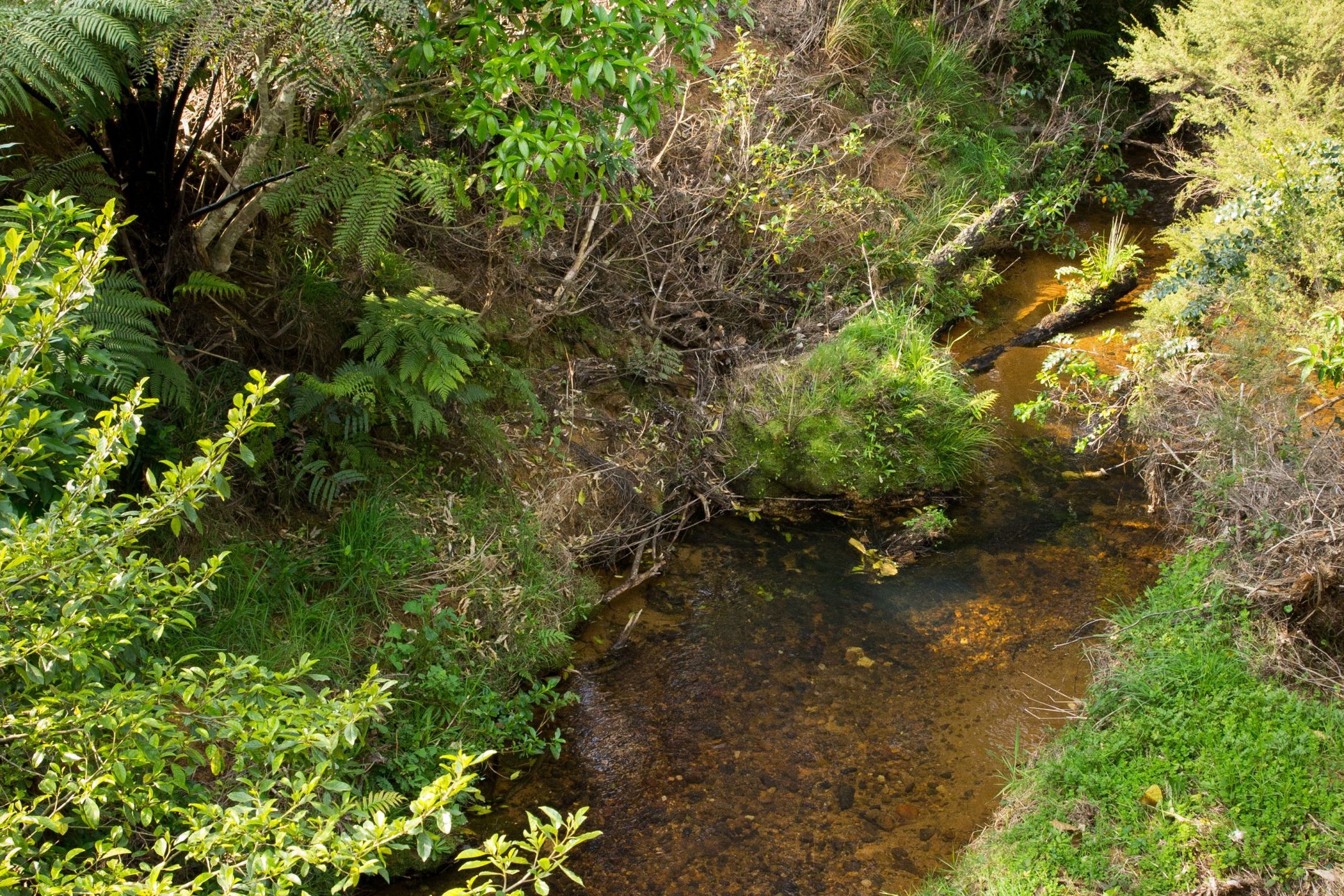As NZ Dairy Exporter counts down to its centenary in 2025, Karen Trebilcock looks back at the issues of earlier decades.
50 years ago – February 1970
Our cover photo of the month features Miss Cathie Dowling, public relations officer of the Dairy Board, specialising in cheese promotion, in the course of a promotional project in a Hamilton store, seen with two members of the Dairy Board’s group of girls for Expo 70 at Osaka.
Record sales of butter to UK
New Zealand made record sales of butter on the United Kingdom market in the 1969 calendar year. Sales totalled 196,000 tons, fulfilling our import quota and reducing the heavy stocks that we were carrying a year ago, the chairman of the Dairy Board, Mr F.L. Onion, C.M.G, stated on his return to New Zealand from London.
“Our United Kingdom stock position is now sounder, but our future level of butter sales in the United Kingdom will be controlled by the level of quota.
“On cheese, although stocks in the United Kingdom remain heavy, we have also had a good level of sales during the past year, without significantly influencing the price level. Although we can consider our present trading position in the United Kingdom as satisfactory, it has to be remembered that over a period we cannot sell more in that market than we can secure entry for.”
Test dipping
The dipping of cows’ teats in an iodine preparation for mastitis control has not become popular in New Zealand. Probably this is because New Zealand dairy farmers generally handle more sets of cups than their overseas counterparts.
A Consulting Officer, who thinks that teat dipping is a worthwhile practice, at least where mastitis is a problem, quotes the following United States research.
The University of Wisconsin has recently completed a 13-month study of 125 dairy cows.
Teats on the right side of the cow were dipped in a commercial iodine preparation after each milking. Teats on the left side were untreated to serve as a comparison.
Twenty nine percent of the quarters were affected with mastitis at the start of the experiment. During the trial there were 36 new infections in the treated quarters and 77 in the untreated quarters. This indicated a 53.2% reduction of new infections because of the iodine treatment.
Sire five years dead – but heifer calf born last month
Terling Brabazon lives on, to everyone’s surprise, five years after his death.
The great Friesian bull was culled and slaughtered in 1965, but semen collected from him in 1963 has been used successfully on a pedigree Friesian cow in the South Island. The cow produced a heifer calf last month.
Terling Brabazon was one of the most notable bulls used in the AB service, not only for his great size and good looks, but also because of his high rating and the number of cows inseminated by him. His rating in 1968 was +44.
The New Zealand Dairy Board purchased Terling Brabazon in 1958 for use in the proven bull team at the Newstead Artificial Breeding Centre at Hamilton. He was used until the end of the spring mating season in 1964 and was finally culled and slaughtered in the autumn of 1965 aged 14 ½ years.
By then his semen had been used to inseminate some 21,500 cows.
New squeeze cattle crush
A new type of Squeeze Cattle Crush has been developed and is being introduced to the New Zealand Market by Ernest Hayes (N.Z.) Ltd. This unit incorporates the Argentine-style Walk-Through Head Bail. Drop-down side bars and side panels give complete access to all parts of the beast. Freeze branding is becoming more popular and it is essential that the cattle are held absolutely still while they are being branded. The squeeze cattle crush is ideal for this. The cost for a unit is in the vicinity of $400. Units are available with operating handles on either side.
Continued dry weather cuts back production
An increase of 5.4% for the six months of the current dairying season to the end of November, as compared with the corresponding period of 1968 had been cut back to 4.1 increase for the seven month to the end of December, and with hot, dry conditions continuing in many dairying areas through January, many dairy companies reported a sharp drop in their milk supplies.
Thanks to the Hocken Library, Dunedin.





